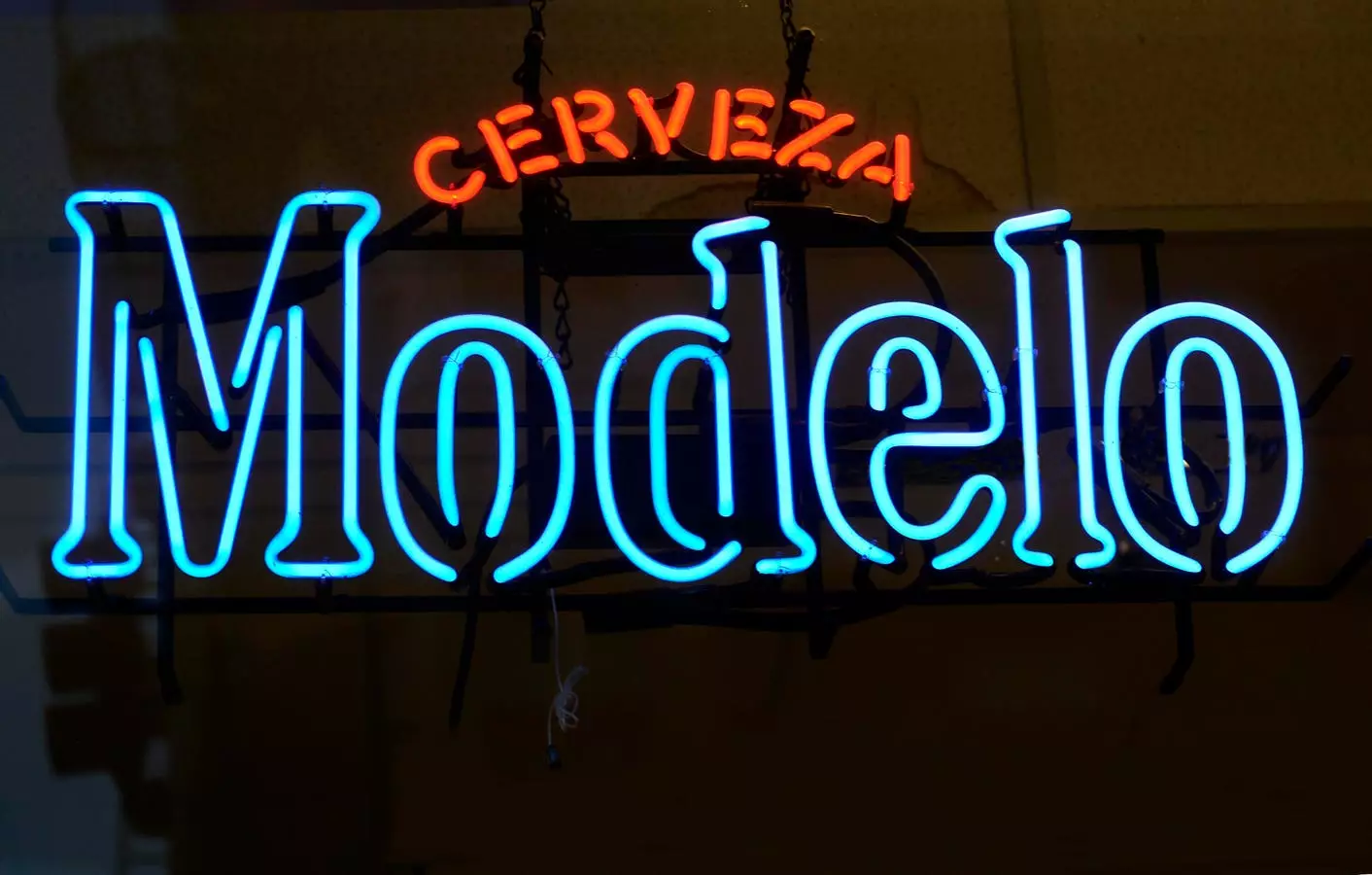In a surprising shift within the American beer market, Modelo Especial has recently claimed the title of the best-selling beer brand in the U.S., overtaking the longstanding leader Bud Light. This development, which took place in June 2023, has not just marked a symbolic victory; it reflects deeper trends in consumer preferences that have been evolving over the years. As the sales gap between Modelo and Bud Light widens, other Mexican beer imports, like Michelob Ultra, have also surged, relegating Bud Light to a lesser position. Such changes speak volumes about the shifting dynamics of taste, branding strategies, and cultural influences in the modern American marketplace.
Kate Bernot, a leading analyst at Sightlines, emphasizes that the success of brands like Modelo is tied to a lifestyle appeal that resonates with consumers on a universal yet targeted level. Unlike mainstream brands such as Miller and Coors, which have diluted their distinctiveness in an attempt to appeal to the broad spectrum of beer drinkers, Mexican beers have managed to embody a “cooler” image, capturing the zeitgeist of contemporary America. The perception of these brands being fresher and more authentic has contributed significantly to their popularity, positioning them as preferable choices for today’s discerning consumers.
The importance of cultural cachet cannot be understated. The rise of Latin American culture in various spheres—from music to food—has fostered an environment in which brands associated with such cultural phenomena thrive. Bernot notes that the early generations of immigrants often serve as trendsetters, influencing broader consumer behavior and preferences. As Hispanic cultural exports gain traction in mainstream America, beers like Modelo benefit from this cultural momentum, further enhancing their appeal among non-Hispanic audiences as well.
Statistics from the Beer Institute reveal a compelling narrative behind the growth of Mexican beer in the U.S. market: in 2023, Mexican beer constituted approximately 81% of imported beer volume, a substantial increase from 61% just a decade ago. Interestingly, it is not solely Hispanic households fueling this surge; even non-Hispanic households are increasingly opting for brands like Modelo, signifying a broadening acceptance of and preference for these products across demographic lines.
Compounding this shift is the unexpected popularity of craft beers labeled as “Mexican lagers.” As the craft beer movement continues to expand, these beers have found a welcome niche, contributing to the overall rise of Mexican beer brands within the market. The intersection of marketing savvy and changing consumer preferences appears to drive this trend, leading to a cultural reassessment of what constitutes an appealing beverage choice for the contemporary drinker.
An interesting quirk in the beer industry is the ownership arrangement surrounding Modelo. Constellation Brands exclusively holds the rights to distribute Modelo brands—such as Corona and Pacifico—in the U.S., while AB InBev retains rights in other territories. This unique setup emerged after AB InBev acquired Grupo Modelo in 2012 amidst antitrust scrutiny, which forced the company to divest rights in the U.S. to maintain market competition. Since then, Constellation Brands has effectively capitalized on its exclusive access, showcasing remarkable marketing and distribution capabilities that have propelled Modelo and its cohorts into the limelight.
Despite AB InBev’s considerable resources, it has struggled to reclaim relevance in the competitive landscape. While the company made attempts—like introducing Bud Light Lime in 2008—the enduring legacy and baggage of Bud Light’s marketing have hampered its ability to shed its older image. The nuanced response from consumers indicates that merely throwing more marketing dollars at a brand does not guarantee success, especially when competing against products that resonate culturally and emotionally with today’s consumers.
The ascendance of Mexican beer brands represents a noteworthy shift in consumer sentiment and market dynamics in a nation historically dominated by a few major players. It also raises pertinent questions about brand identity, the power of cultural resonance, and adaptive strategies in an ever-evolving marketplace. Constellation Brands’ triumph with Modelo is not only about sales numbers but also about the brand’s deep connection with its audience, which has been cultivated through authenticity and cultural relevance.
As we contemplate the future, it seems that the rise of beer imports from Mexico may well continue, driven by a blend of marketing acumen and the changing cultural landscape. As smaller competitors innovate and explore new avenues for engagement, it will be intriguing to observe how traditional giants like AB InBev respond to reclaim their position within an increasingly competitive market driven by modern consumer values. The story of beer in America is far from over—one can only speculate at what further transformations lie ahead.


Leave a Reply